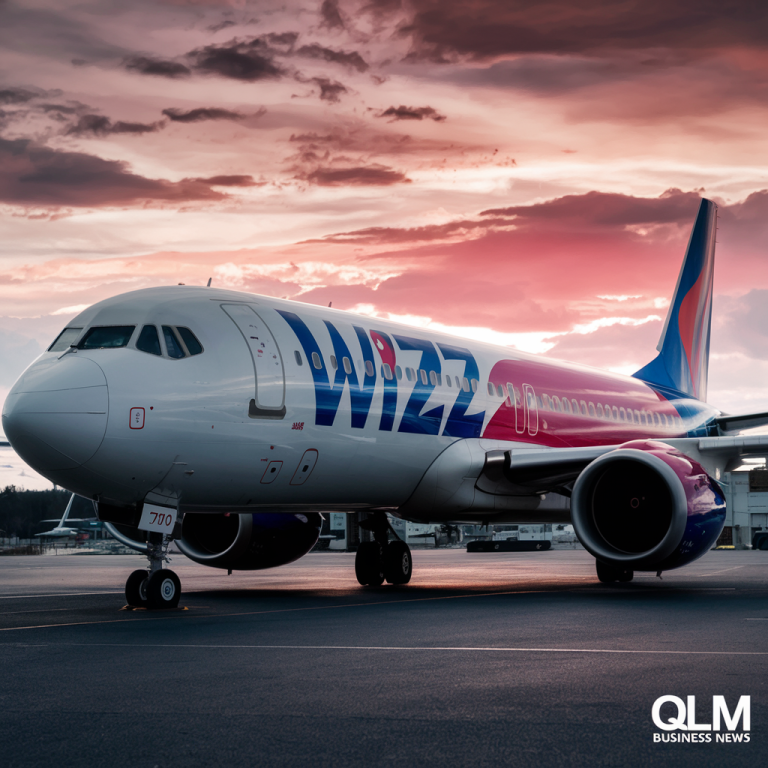
(qlmbusinessnews.com via theguardian.com – – Mon, 22 Oct 2018) London, Uk – –
Tech pioneer Oxbotica to start mapping public roads as it calls deal with hire firm ‘huge leap’
Self-driving car services could be on the streets of London within three years under a partnership between the private hire firm Addison Lee and the British driverless car pioneers Oxbotica.
The companies have signed a deal to develop and deploy autonomous vehicles in the city by 2021.
Oxbotica will start mapping more than 250,000 miles of public roads in and around London from next month, using its technology to create a comprehensive map of every traffic feature.
While the link-up could eventually allow Addison Lee’s fleet of black Mercedes and Prius cabs to be driven autonomously, the 5,000 drivers in London will remain employed, the firm says. However, it could also offer a cheaper, autonomous ride-sharing version of its hire service. The first stage is likely to be in corporate shuttles, around airports or campuses.
Despite the ambitious time frame, London looks set to be at least a year behind other global cities. Tokyo launched an experimental driverless taxi in August, with a view to having a full service in place in time for the 2020 Olympics.
Toyota, meanwhile, is investing $500m (£388m) to develop an autonomous fleet for Uber, although Uber’s programme was set back when one of its self-driving cars was involved in a fatal collision with a pedestrian in the US in March.
Andy Boland, chief executive of Addison Lee, said that although technology could make an autonomous version of their current service feasible in London, “our 5,000 drivers in the UK are going to carry on doing what they are doing. For the foreseeable future I would draw that distinction between premium services, and technology opening those other sorts of services at a relevant price point.”
However, he said a driverless vehicle should eventually prove cheaper to run for the firm: “There are cost savings in the medium term, from maximising asset utilisation.”
The traditional London taxi and private hire trade has been disrupted by Uber offering lower fares, but industry observers have questioned whether Uber could continue to keep prices down in the long term by continuing to use drivers.
Boland said that while plenty of tech firms had eyed the market in a sector that could be worth £28bn a year by 2035, practically implementing autonomous or car-sharing services would still require the kind of fleet, maintenance and customer base his firm already had.
Graeme Smith, chief executive of Oxbotica, said: “This represents a huge leap towards bringing autonomous vehicles into mainstream use on the streets of London, and eventually in cities across the United Kingdom and beyond.”
New York is the next city it will target.
Transport for London said it was committed to engaging with firms using autonomous vehicle technology at the earliest opportunity. Michael Hurwitz, director of transport innovation, said it had the potential to change travel significantly: “All cities across the UK, including London, need to understand the opportunities, risks and challenges they face when considering how transport will operate in the future.”
Addison Lee and Oxbotica were part of the consortium carrying out government-funded studies in Greenwich, south-east London, to investigate whether the public transport network could be complemented with people ride-sharing in driverless pods.
Gwyn Topham Transport correspondent






















